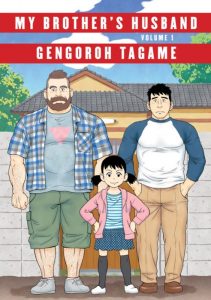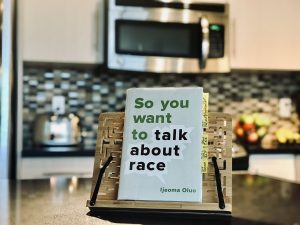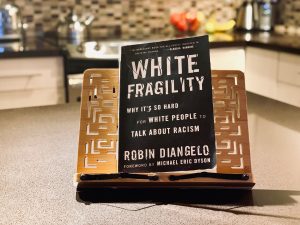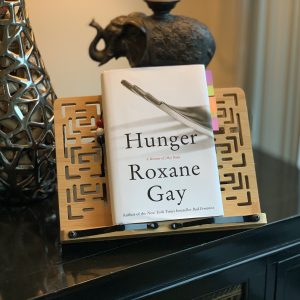UWM Healthcare Equity Book Club

Shutterstock ID: 1128008837
Pursuant of the UW Medicine Healthcare Equity Blueprint – the purpose of the UW Medicine (UWM) Healthcare Equity Book Club is to augment our:
- Operating with explicit definitions of equity racism, bias, diversity and cultural humility;
- Seeking understanding around where we have fallen short and demonstrate commitment & accountability to improving healthcare equity at all levels of the organization;
- Recognizing how and why people seek care is culturally variable;
- …among other strategies and guiding principles articulated in the Blueprint.
Book selections cover topics we think better contextualize and further our ability to address phenomena related to advancing healthcare equity – racism, sexism, homophobia, transphobia, ableism, sizeism, ageism, classism, heterosexism, gender discrimination, religious intolerance, discrimination on the basis of appearance and other oppressive conditions.
Finally, the Healthcare Equity Book Club aims to provide a safe space where attendees (UWM workforce) can decrease stress, gain new perspectives, improve writing skills, and foster a sense of community across UWM, among other benefits.
Currently Featured Book

Photo Credit: Penguin Random House
My Brother’s Husband Volume 1 by Gengoroh Tagame
“Yaichi is a work-at-home suburban dad in contemporary Tokyo; formerly married to Natsuki and father to their young daughter, Kana. Their lives suddenly change with the arrival at their doorstep of a hulking, affable Canadian named Mike Flanagan, who declares himself the widower of Yaichi’s estranged gay twin, Ryoji. Mike is on a quest to explore Ryoji’s past, and the family reluctantly but dutifully takes him in. What follows is an unprecedented and heartbreaking look at the state of a largely still-closeted Japanese gay culture: how it’s been affected by the West, and how the next generation can change the preconceptions about it and prejudices against it.” – Penguin Random House
Previously Featured Books

Photo Credit: Keith A. Vensey MBA, MPH
So You Want to Talk About Race by Ijeoma Oluo

Photo Credit: Keith A. Vensey, MBA MPH
White Fragility, Why It’s So Hard for White People to Talk about Racism by Robin DiAngelo
Hunger A Memoir of (My) Body by Roxane Gay

Photo Credit: Keith A. Vensey, MBA MPH
“New York Times bestselling author Roxane Gay has written with intimacy and sensitivity about food and bodies, using her own emotional and psychological struggles as a means of exploring our shared anxieties over pleasure, consumption, appearance, and health. As a woman who describes her own body as ‘wildly undisciplined,’ Roxane understands the tension between desire and denial, between self-comfort and self-care. In Hunger, she casts an insightful and critical eye on her childhood, teens, and twenties—including the devastating act of violence that acted as a turning point in her young life—and brings readers into the present and the realities, pains, and joys of her daily life.
With the bracing candor, vulnerability, and authority that have made her one of the most admired voices of her generation, Roxane explores what it means to be overweight in a time when the bigger you are, the less you are seen. Hunger is a deeply personal memoir from one of our finest writers, and tells a story that hasn’t yet been told but needs to be.” – HarperCollins Publishers